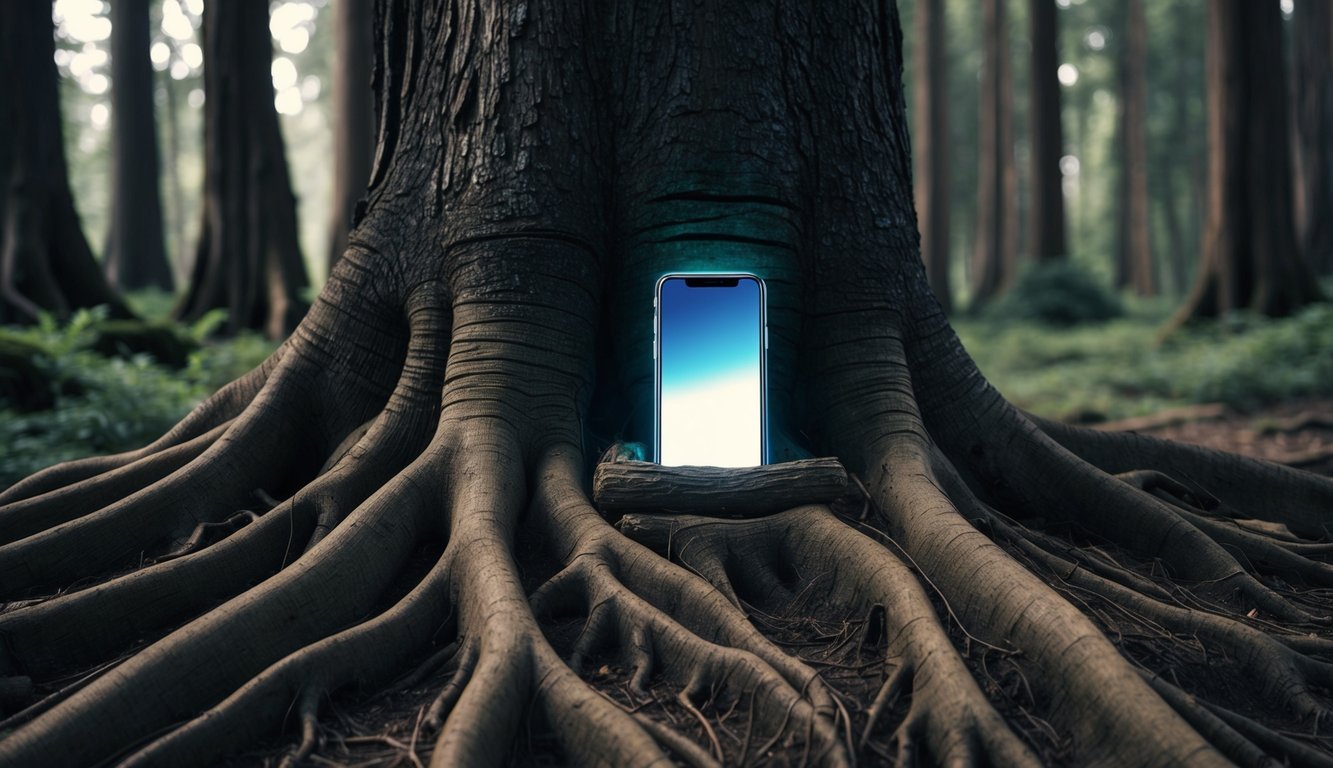PsychNewsDaily Publishers
100 Summit Drive
Burlington, MA, 01803
Telephone: (320) 349-2484
PsychNewsDaily Publishers
100 Summit Drive
Burlington, MA, 01803
Telephone: (320) 349-2484
Richard E. Cytowic's book examines how our Stone Age brains struggle with modern information overload, leading to increased distraction and cognitive fatigue from digital stimuli.


In the digital era, our brains—remarkably unchanged since the Stone Age—are grappling with a tidal wave of information that presents challenges like never before. Neurologist Richard E. Cytowic delves into this pressing issue in his compelling new book, Your Stone Age Brain in the Screen Age: Coping with Digital Distraction and Sensory Overload. He argues that our brain’s limited capacity to process the barrage of modern stimuli renders us particularly susceptible to distraction and cognitive fatigue.
Cytowic paints a vivid picture of how the overwhelming sensation of information can activate a stress response, leading to an increasing cycle of distraction and errors. Resilience emerges as a vital trait in navigating these turbulent waters. The concept of “information overload,” first introduced by futurist Alvin Toffler in the 1970s, emphasizes how the ceaseless flow of digital content can disrupt our mental equilibrium and clarity.
Among the factors contributing to this state of overwhelm, visual stimuli stand out. The sheer volume of neural connections linking our eyes to our brain dwarfs those connected to our ears, magnifying the impact of visual distractions in our increasingly digitized lives. The prevalence of smart devices, each clamoring for our attention, exacerbates this dilemma. Research reveals a startling decline in attention spans, with a study from Microsoft suggesting that they now rival those of goldfish.
Neuroscience classifies attention into three distinct types: sustained attention, which allows focus over time; selective attention, enabling us to disregard distractions; and alternating attention, which involves shifting focus between tasks. Cytowic cautions that the relentless need to adapt our attention may challenge the limits of our brain’s capabilities, resulting in cognitive fatigue and a waning capacity to concentrate.
As technology continues to evolve at breakneck speed, we find ourselves ensnared in a culture saturated with distractions. While people inherently possess a remarkable adaptability, the unyielding pace of contemporary life—driven by digital devices—tests their ability to manage these novel pressures.
Cytowic’s observations shed light on the obstacles posed by our digital landscape, prompting a profound reflection on the mental energy required to navigate the cognitive burdens of perpetual distraction. In a world dominated by screens, understanding and addressing the psychology of our attention will be crucial for reclaiming our focus and mental well-being.
“`